In the fast-moving world of digital design, it’s common to draw inspiration from top creators. However, relying too heavily on others’ styles can result in unoriginal work. If you’re trying to generate original design ideas while still keeping up with trends, you’re not alone. Many UI/UX professionals seek ways to avoid design plagiarism, improve UI creativity, and present a unique graphic style—all while staying productive. This article will help you explore practical ways to break away from imitation and boost your creativity genuinely.
Why Originality Matters in Design
When you present work that feels fresh and authentic, clients and users can instantly feel the difference. Originality builds brand trust and makes your product more memorable. In contrast, design duplication can harm your credibility and leave your brand looking generic.
Instead of recycling popular styles, focus on understanding the why behind great design. This will allow you to adapt techniques to your own visual language—creating designs that feel new but rooted in proven UX logic.

Proven Ways to Create Without Copying
Here are 10 actionable ways to stay creative without mimicking others’ designs.
1. Start with Words, Not Visuals
Rather than scrolling endlessly on Dribbble or Behance, begin your project by brainstorming keywords, goals, or emotional tones. This approach generates design rooted in communication, not visuals.
2. Collect Ideas, Not Interfaces
Build a swipe file of emotions, layouts, and metaphors—not just color palettes or UI elements. Think like a storyteller, not a collector.
3. Sketch Before You Browse
Commit to sketching 2–3 layout ideas before consulting reference sites. This helps reinforce your unique graphic style from the beginning.
4. Learn from Different Industries
Draw inspiration from architecture, print media, or even fashion. Looking outside the design bubble reduces the risk of unconscious duplication.
5. Deconstruct, Don’t Duplicate
When analyzing a successful layout, ask:
- Why does this design work?
- What user problem does it solve?
- How can I apply that thinking differently?
This technique improves your UI creativity without repeating elements.
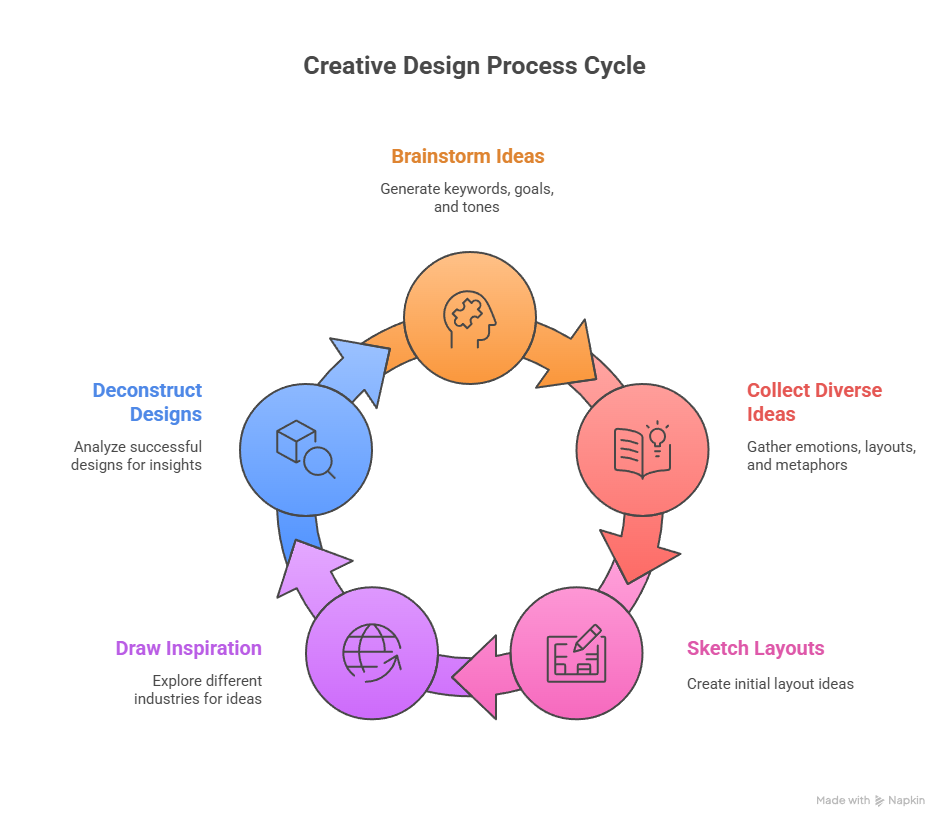
Build Confidence in Your Design Voice
6. Limit Your Reference Time
Set a 10-minute timer before browsing design galleries. This prevents deep mimicry and forces faster, more intuitive ideation.
7. Redesign With a Twist
Take a familiar design (like a booking form) and redo it for a completely different audience—kids, seniors, gamers. This exercise rewires your creative instincts.
8. Share Early and Often
Getting peer feedback during early design stages strengthens your voice and keeps you grounded. It’s also a good way to test if your work feels derivative.
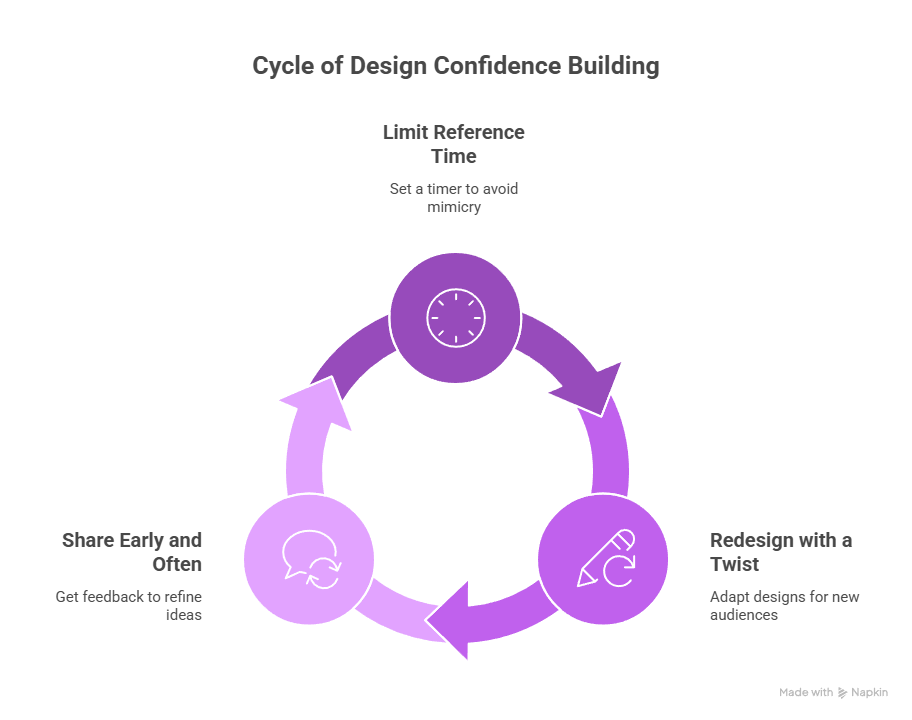
Tools to Stay Original
9. Use AI Intelligently
Generative AI can help ideate without relying on visual references. Tools like ChatGPT can suggest layout logic, tone guidance, or UX flows, helping you discover how to create original UI designs without imitation.
10. Partner with Creative Communities
Engage with creators on platforms like Webie’s UX community at webie.com.vn. Share your sketches or participate in challenges to grow through collaboration instead of copying.

Final Thoughts: Make Authenticity a Habit
Standing out requires intention and consistency. You don’t need to reinvent the wheel every time, but you should always add your own spin. As you develop your original design ideas, you’ll naturally avoid design plagiarism and enhance your UI creativity. With continued practice, your work will reflect your vision—not someone else’s.
Need more creative guidance? Listen to inspiring stories and design tips on our podcast section at bozzabench.com, or dive deeper into related UI/UX strategies in our article on how Gmail UX reflects user habits and emotions.

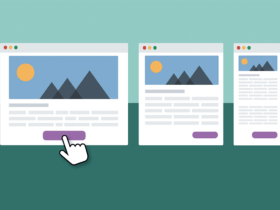








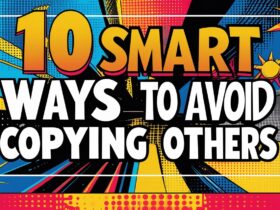












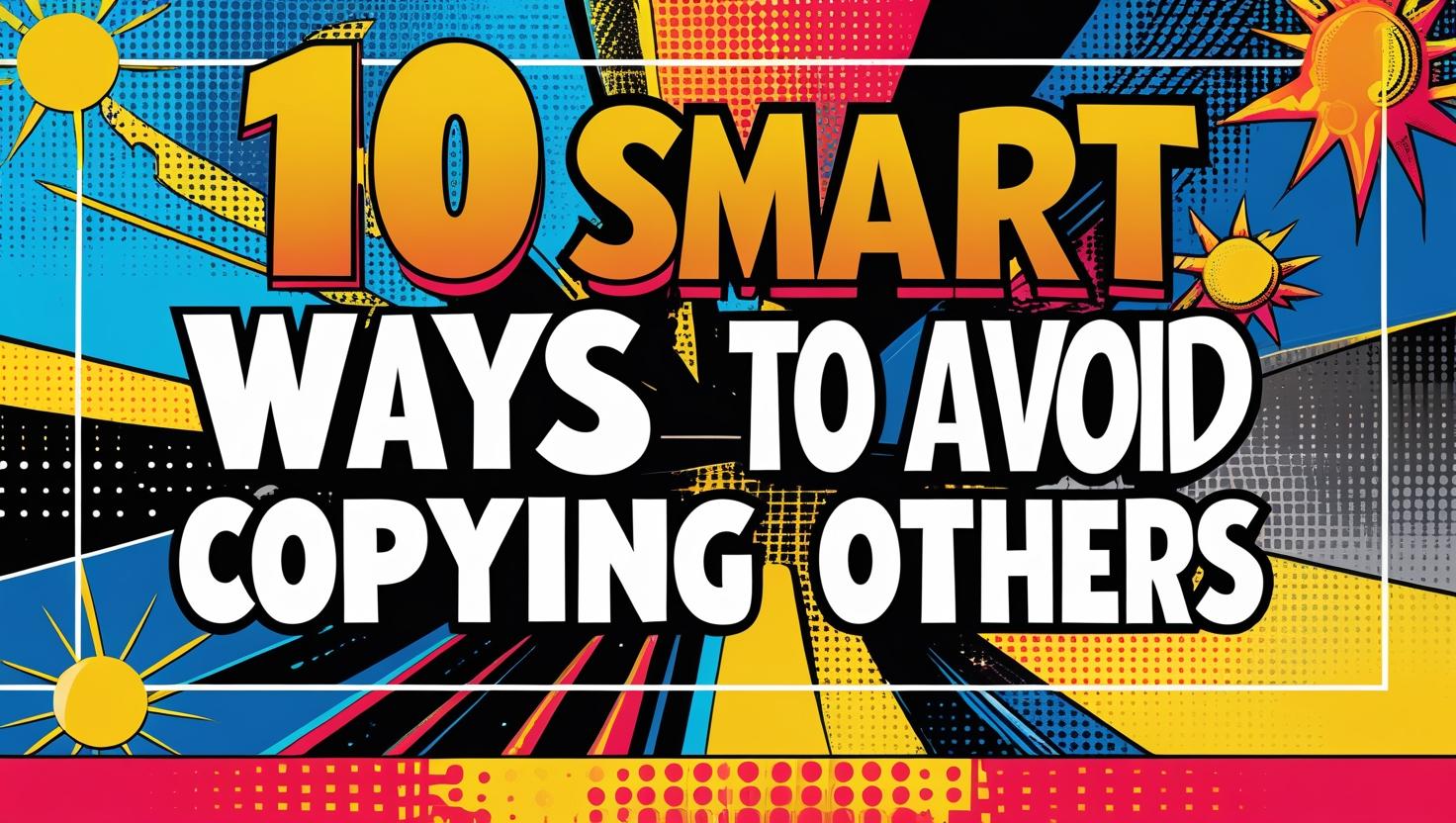

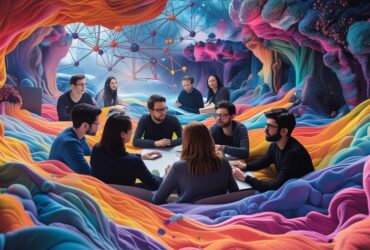

Leave a Reply